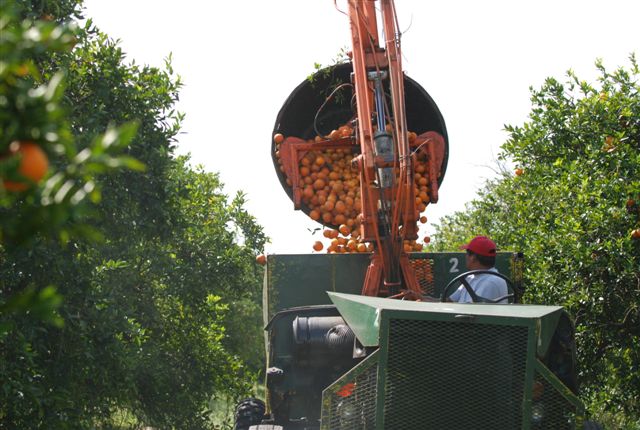
The issue of ag labor legislation reform will remain unresolved as long as southeastern growers and western growers don’t come to a compromise, says Bob Redding.
Redding, who works for the Redding Firm and serves as a lobbyist for agricultural groups in Washington, D.C., believes compromise is the only way true reform will happen with such a contentious issue.
“If we want reform, we’re going to have to reach out. Growers to growers is really a good place to start,” Redding said. “We continue to have the West versus the Southeast. Until we figure that out, it’s going to be difficult to pass something.”
Redding said regional differences top the list of issues that prevent major ag labor reform. “The Southeast and the West will probably have to come together, particularly after this election cycle to see any movement,” he said.
The House of Representatives initiated some movement back in March with its passage of the Farm Workforce Modernization Act. The Senate has yet to address the bill and may not before its focus shifts to the 2022 elections.
Redding and the Georgia Fruit and Vegetable Growers Association have major concerns with the Farm Workforce Modernization Act in its current format. Agricultural employers would be required to hire certified agricultural workers over H-2A workers. They would only be required to work 100 days for Southeast producers, who might need labor as long as 10 months.
The bill would also freeze the adverse effect wage rate for one year and then impose a restriction that the wage could not decrease more than 1.5% or increase more than 3.25%.
Next year’s mid-term elections could also play a major role in how long the issue continues to linger.
“With the Senate 50-50 and the House within three votes, this election cycle is going to be very tough. Immigration reform, since post-1986, has been a tough issue to move legislation on. Although the farm worker bill passed the House, it’s still got a long way to go,” Redding said. “Although the southeastern growers were mixed as far as support for it, this was as close as we’ve probably been in a long time.”
Share this Post
Sponsored Content










